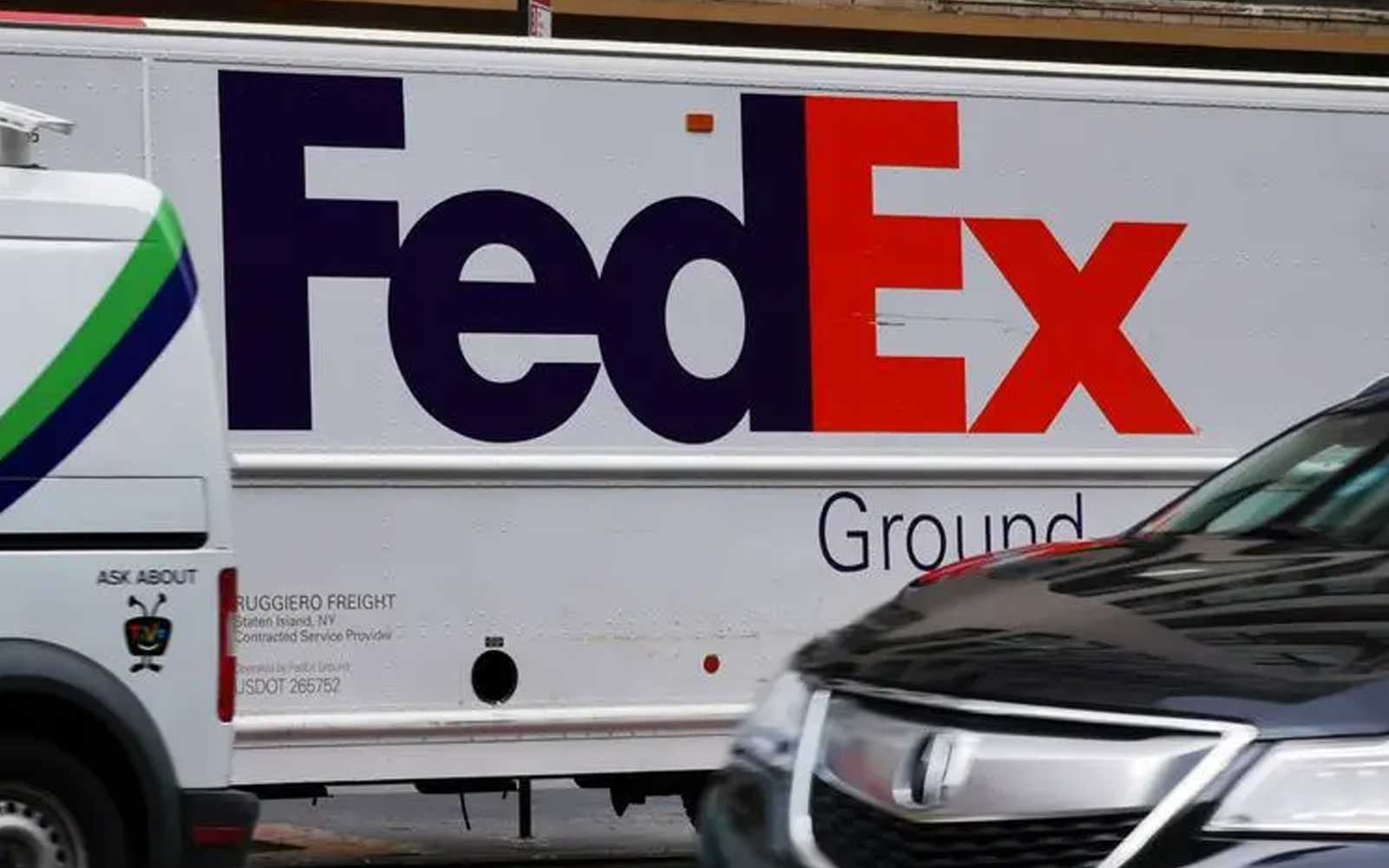
Fedex is launching a new e-commerce platform to compete with Amazon
FedEx recently announced that it will launch a new “data-driven commerce platform” called fdx this fall. The platform will provide “end-to-end e-commerce solutions” for online merchants, including supply chain management data. The launch of this new platform aims to provide more efficient and accurate services for the e-commerce sector to meet the needs of merchants and consumers.
The fdx platform will be based on services offered by ShopRunner, an online e-commerce store that fedex acquired in 2020. fdx will combine the new features with ShopRunner’s existing capabilities to provide a more comprehensive service to merchants. For example, merchants can provide customers with estimated delivery dates when shopping and placing orders, so that customers can better manage their time. In addition, merchants can also provide carbon impact data of supply chain resources, so that customers can better understand the environmental protection information of products.
Fedex said that when fdx launches in the fall, it will use its data to add “more efficient and cost-effective delivery” capabilities. This means that through data analysis and technology application, the fdx platform can more accurately predict and schedule the transportation and delivery of goods, thereby improving logistics efficiency and reducing costs. This is undoubtedly good news for merchants, because they can get better logistics services, but also reduce logistics costs.
In addition, fedex’s system will enable a “customized post-purchase experience” so brands can provide customers with more accurate shipping information. This means that after purchasing goods, customers can more easily track the shipment and delivery of goods, and understand the accurate delivery time. This customized service experience will help increase customer satisfaction and loyalty.
Fedex’s fdx platform appears to be designed to compete with Amazon. For years, fedex has viewed Amazon as a threat to its business. In 2019, fedex declined to renew its contract to ship Amazon goods through fedex. Later that year, Amazon banned its sellers from using fedex for Prime deliveries during the holidays, citing declining performance – a ban Amazon lifted the following year.
Like UPS, fedex has been losing ground to Amazon, so much so that Amazon surpassed fedex and UPS in U.S. home package deliveries in 2022. This comes just a few years after the online retail giant built a logistics operation that mostly uses tightly controlled third-party contractors – contractors that Amazon insists are not its employees.
Meanwhile, Amazon continues to build its logistics business. The business primarily uses a tightly controlled fleet of third-party contractors, which Amazon insists are not its employees. The move has paid off, and the company now delivers more packages than UPS or fedex. Despite competition from e-commerce giants such as Amazon, fedex is still committed to improving its competitiveness through initiatives such as the launch of the fdx platform. By providing more efficient and precise services and using data analytics to reduce costs and improve logistics efficiency, fedex hopes to consolidate and expand its market share and remain invincible in the fierce market competition.



